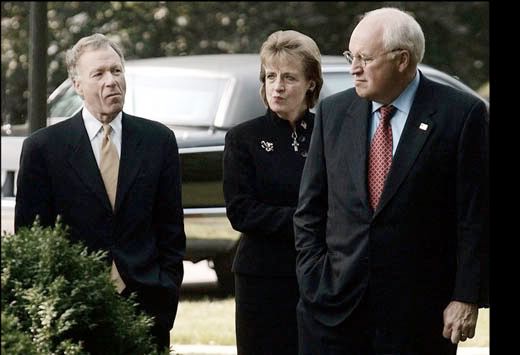
Sometime this spring or summer, barring an unexpected turnaround by Tehran, President Bush is likely to go on national television and announce that he has ordered American ships and aircraft to strike at military targets inside Iran. We must still sit through several months of soap opera at the United Nations in New York and assorted foreign capitals before this comes to pass, and it is always possible that a diplomatic breakthrough will occur – let it be so! – but I am convinced that Bush has already decided an attack is his only option and the rest is a charade he must go through to satisfy his European allies. The proof of this, I believe, lies half-hidden in recent public statements of his, which, if pieced together, provide a casus belli, or formal list of justifications, for going to war.
Three of his statements, in particular, contained the essence of this justification: his January 10 televised speech on his plan for a troop “surge” in Iraq, his State of the Union Address of January 23, and his first televised press conference of the year on February 14. None of these was primarily focused on Iran, but the President used each of them to warn of the extraordinary dangers that country poses to the United States and to hint at severe U.S. reprisals if the Iranians did not desist from “harming U.S. troops.” In each, moreover, he laid out various parts of the overall argument he will certainly use to justify an attack on Iran. String these together in one place and you can almost anticipate what Bush’s speechwriters will concoct before he addresses the American people from the Oval Office sometime later this year. Think of them as talking points for the next war.
[Truthout.org::via::TomDispatch.com]







